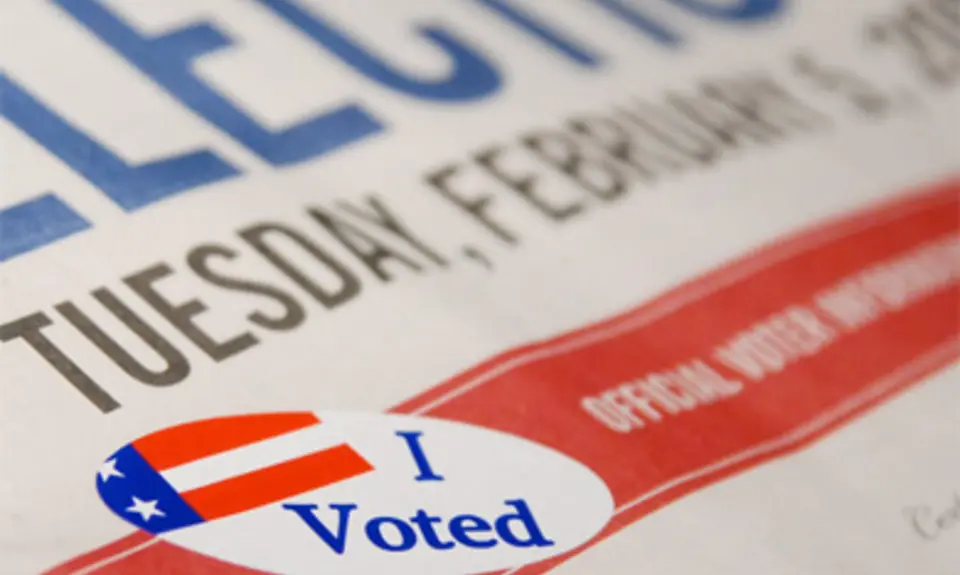A federal district court ruled this morning that restrictions on early voting in Ohio violate both the Fourteenth Amendment's Equal Protection Clause and the Voting Rights Act. This is a major setback for right-wing officials dedicated to making it harder for certain people to vote, and a major victory for Ohioans seeking to exercise their right to vote.
The Ohio legislature passed a law reducing the time for early in-person (EIP) voting from 35 days to 28 days and eliminating "Golden Week" (the first week of early voting, when people can register and vote on the same day). Adding insult to injury, Secretary of State Jon Husted issued directives setting uniform (and limited) hours statewide for EIP voting, eliminating the ability of local boards to extend hours as needed for their specific communities. It was a transparent effort to make it harder for certain people to vote – primarily African Americans. The ACLU challenged the restrictions on behalf of the Ohio NAACP, the Ohio League of Women Voters, and several African American churches.
Judge Peter Economus considered the record before him and recognized that the new rules would significantly burden certain groups' right to vote, including African Americans as well as low-income and homeless Ohioans. He also concluded that the state's purported rationales for the restrictions fell apart under careful evaluation. Consequently, he ordered the state to restore the cuts for the 2014 election.
Quoting from decades-old Supreme Court precedent, the judge framed the issue well:
The right to vote is a fundamental right. No right is more precious in a free country than that of having a voice in the election of those who make the laws under which, as good citizens, we must live. Other rights, even the most basic, are illusory if the right to vote is undermined. [internal quotations and citations removed]
This showcases why our federal courts are so important. When government officials act to restrict our rights, we should be able to turn to our neutral federal judiciary to vindicate those rights. Our constitutional structure and basic liberties depend on that. And that is why those who would force through unconstitutional actions – restrictions on voting rights, violations of church-state separation, intrusions on reproductive choice – have long focused their efforts on putting like-minded ideologues on the federal courts, especially the Supreme Court and our nation's circuit courts.
Today, our judicial system worked exactly as intended. As a result, efforts to make it harder for African Americans in Ohio to vote have failed.
